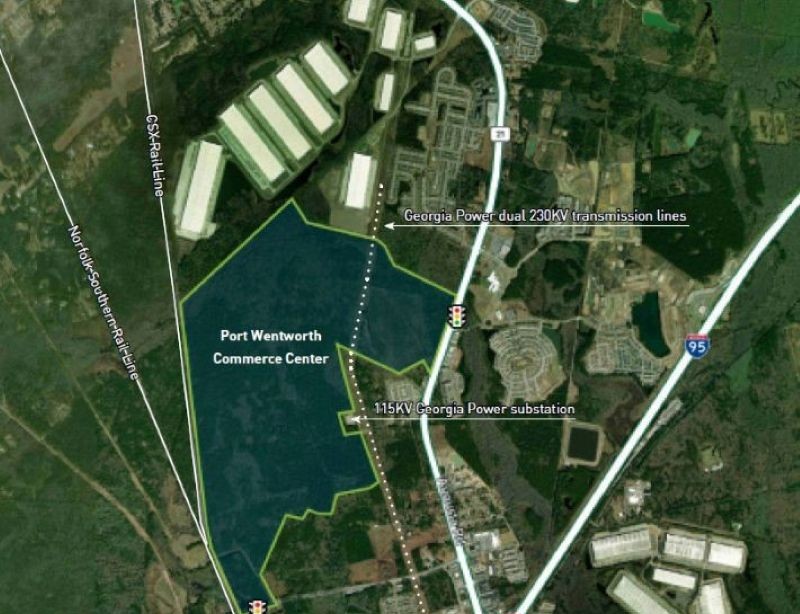Proptech and Office Space Management
While many companies are still unsure about what to do with their empty office space, new proptech options are emerging to help manage it.

Jessica Fiur, Editor-in-Chief
I inspected my office’s bare walls. Papers, Post-its and index cards, filled with important dates to remember, editorial calendars and art from my kids were all taken down, and all that was left on the bulletin boards were the sun-bleached outlines. I diligently packed my pens, phone charger and branded conference swag into a box, and took a final look around. Green Day’s “Time of Your Life” was playing in my head.
Having an office is great. But who can resist the alluring siren song of wearing leggings and 5K race shirts to work, while bonding with my dogs? Certainly not I. So, it’s the hybrid work life for me. And since our office has a lot of people who also may or may not go in during the week, it’s only fair to share the space.
Though there are many other companies that have also adopted a hybrid schedule for their workers, there are still a lot of employees working from home full time—according to a monthly study from Stanford University, in early 2023, 27 percent of people with full-time jobs were working from home. And the industry is still grappling with what to do with empty office space.
According to reporting by Denile Doyle in “How Office Stakeholders Are Coping With Maturing Loans, Looming Defaults,” the office market is in distress—and some of the biggest office landlords have defaulted on their loans. And though some tenants are requiring their team back in the office, this might not be the solution to owners’ woes.
“Despite everybody’s mandates, I have yet to see it really play out,” Jim Brooks, president of BH Properties, told Doyle.
Both the companies that do have employees back in full time and the ones that are allowing hybrid schedules and hoteling are leaning into proptech to streamline processes for both owners and occupiers—and this has led to many innovations. For example, there are advances in data tracking that allow owners to measure how often tenants have their team in the office space, as well as technology that lets employees reserve their workspaces in advance.
“The physical workplace is becoming more digitally integrated, and it’s important, as landlords, to provide tools that activate smart offices for tenants,” Mikki Ward, senior vice president of technology and innovation at EQ Office, told Gabriel Frank for “CRE Is Still Hungry for Proptech, but Tastes Are More Refined.”
Maybe proptech could have a hand in helping the office sector regain its footing. One thing’s for sure, it’ll help me reserve my office when I run out of stretch pants and need a break from the dogs.








You must be logged in to post a comment.